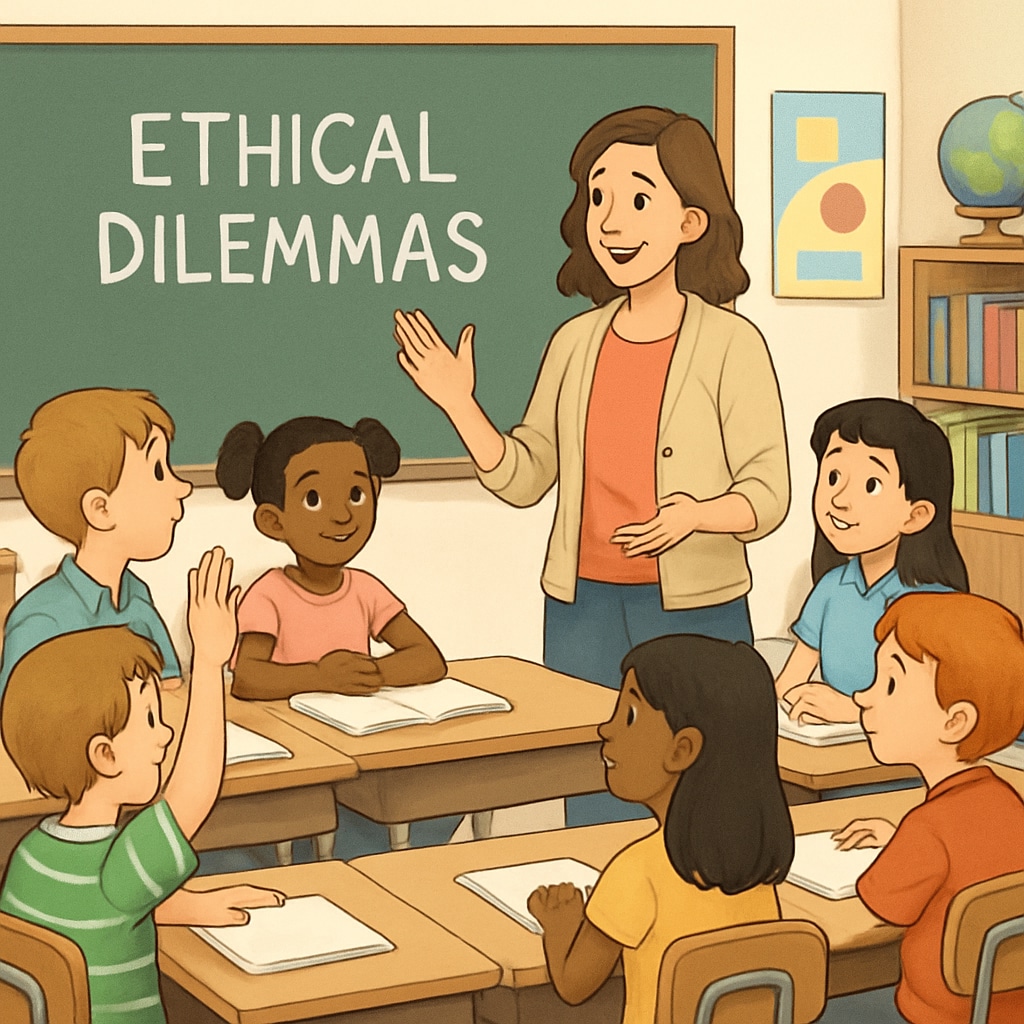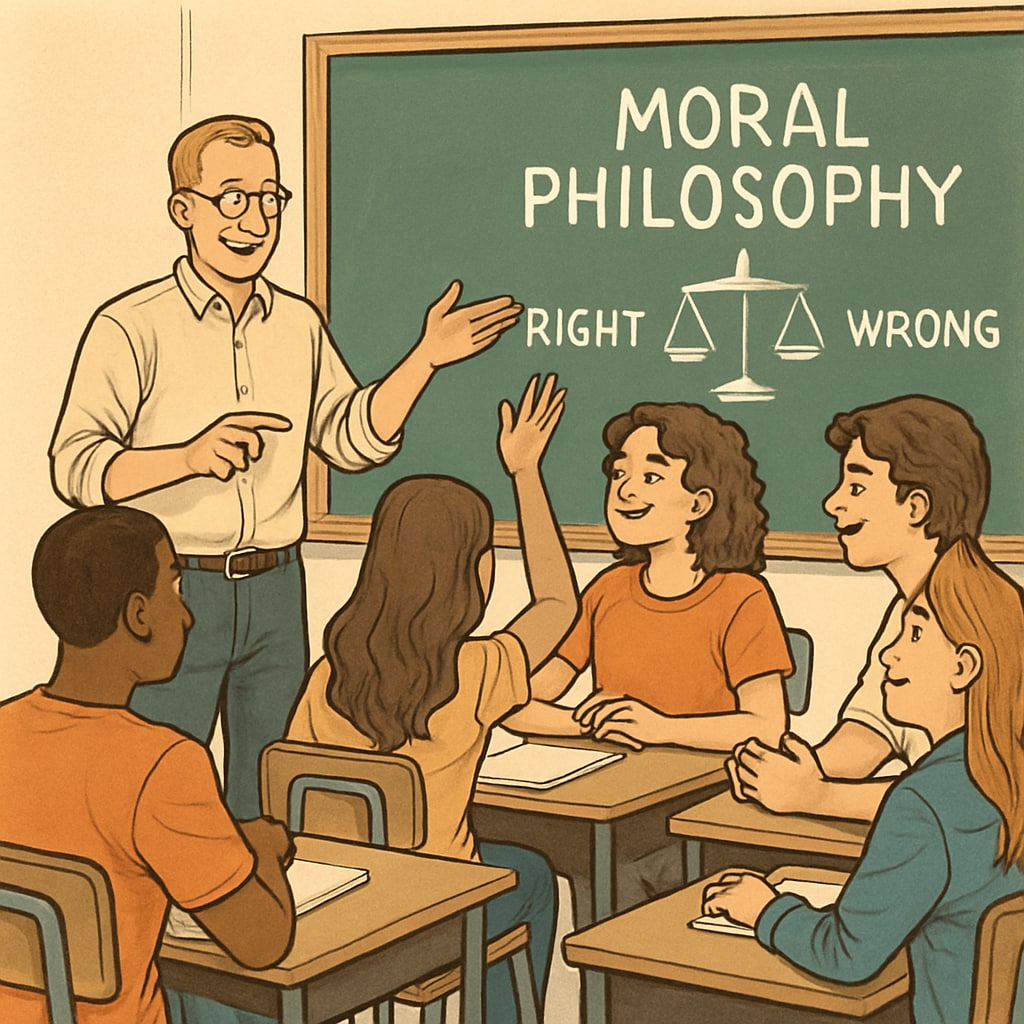Have you ever wondered how philosophy could shape the minds of future generations? This question forms the foundation of our unique initiative—a social experiment that invites philosophy teachers to contribute their expertise to K12 education. This project aims to foster critical thinking, empathy, and ethical reasoning among young students. As we embark on this journey, we are looking for passionate philosophy educators and volunteers to help us redefine the role of philosophy in modern education.
Why Philosophy Matters in K12 Education
Philosophy, often regarded as an academic discipline reserved for higher education, has immense potential to influence young minds. By introducing philosophical concepts early, students develop critical thinking skills, problem-solving abilities, and a deeper understanding of their values and the world around them. According to Britannica, philosophy explores fundamental questions about existence, knowledge, and ethics—topics that are just as relevant to children as they are to adults.
For example, teaching philosophy in K12 classrooms can help students:
- Analyze and evaluate arguments logically.
- Understand diverse perspectives and cultivate empathy.
- Build a solid ethical foundation to guide their actions.
- Develop resilience and adaptability in the face of uncertainty.
These skills are vital in an increasingly complex and interconnected world, making philosophy an invaluable tool for holistic education.

How Our Social Experiment Works
We aim to integrate philosophy into K12 education through a carefully designed social experiment. This initiative will involve a collaborative approach, where philosophy teachers and volunteers work directly with schools, students, and parents to design and implement engaging philosophical activities. Here’s an outline of the process:
- Curriculum Design: Collaborate to create age-appropriate modules on topics like ethics, logic, and metaphysics.
- Teacher Training: Provide workshops for regular classroom teachers to effectively facilitate philosophical discussions.
- Pilot Implementation: Test the curriculum in select schools and gather feedback from all stakeholders.
- Evaluation: Measure the program’s impact using surveys, interviews, and classroom observations.
By participating, you’ll play a critical role in shaping this innovative educational approach. In addition, this experiment offers a unique opportunity to bring philosophy out of academia and into the real world, making it accessible and relevant to younger audiences.

Join Us: Philosophy Teachers and Volunteers Needed
We are calling on philosophy teachers, educators, and passionate individuals to join this groundbreaking social experiment. Whether you are a university professor, a retired teacher, or simply someone with a background in philosophy, your expertise is invaluable in helping us achieve our goals.
Here’s how you can contribute:
- Volunteer as an Educator: Teach philosophy classes or lead workshops at local schools.
- Offer Professional Insights: Help design the curriculum and adapt philosophical content for different age groups.
- Mentor Teachers: Train classroom teachers to integrate philosophical thinking into their regular lessons.
- Support Research: Assist in analyzing data and evaluating the program’s impact.
Your involvement will not only benefit students but also contribute to the broader goal of making education more inclusive, thoughtful, and values-driven.
The Bigger Picture
Incorporating philosophy into K12 education is not just about teaching abstract concepts; it’s about equipping young minds with the tools they need to navigate life’s challenges. As a result, this initiative aligns with global educational goals that emphasize critical thinking, creativity, and emotional intelligence. For further reading, explore the role of philosophy in education on Wikipedia.
By participating in this social experiment, you’ll be contributing to a transformative movement in education. Together, we can pave the way for a generation of students who are not only knowledgeable but also thoughtful, compassionate, and ethically grounded.
Are you ready to make a difference? Join us today and help shape the future of education!


